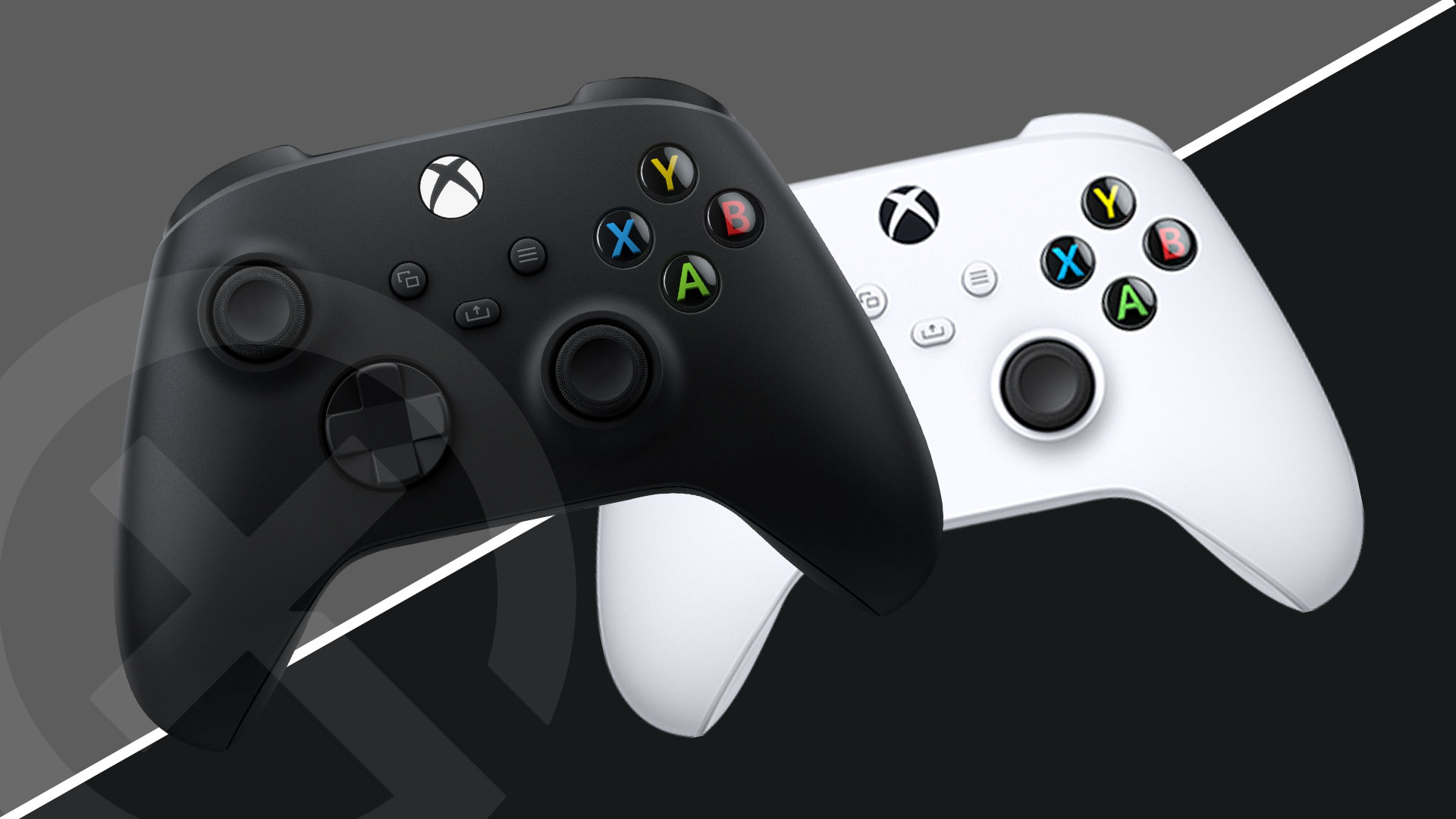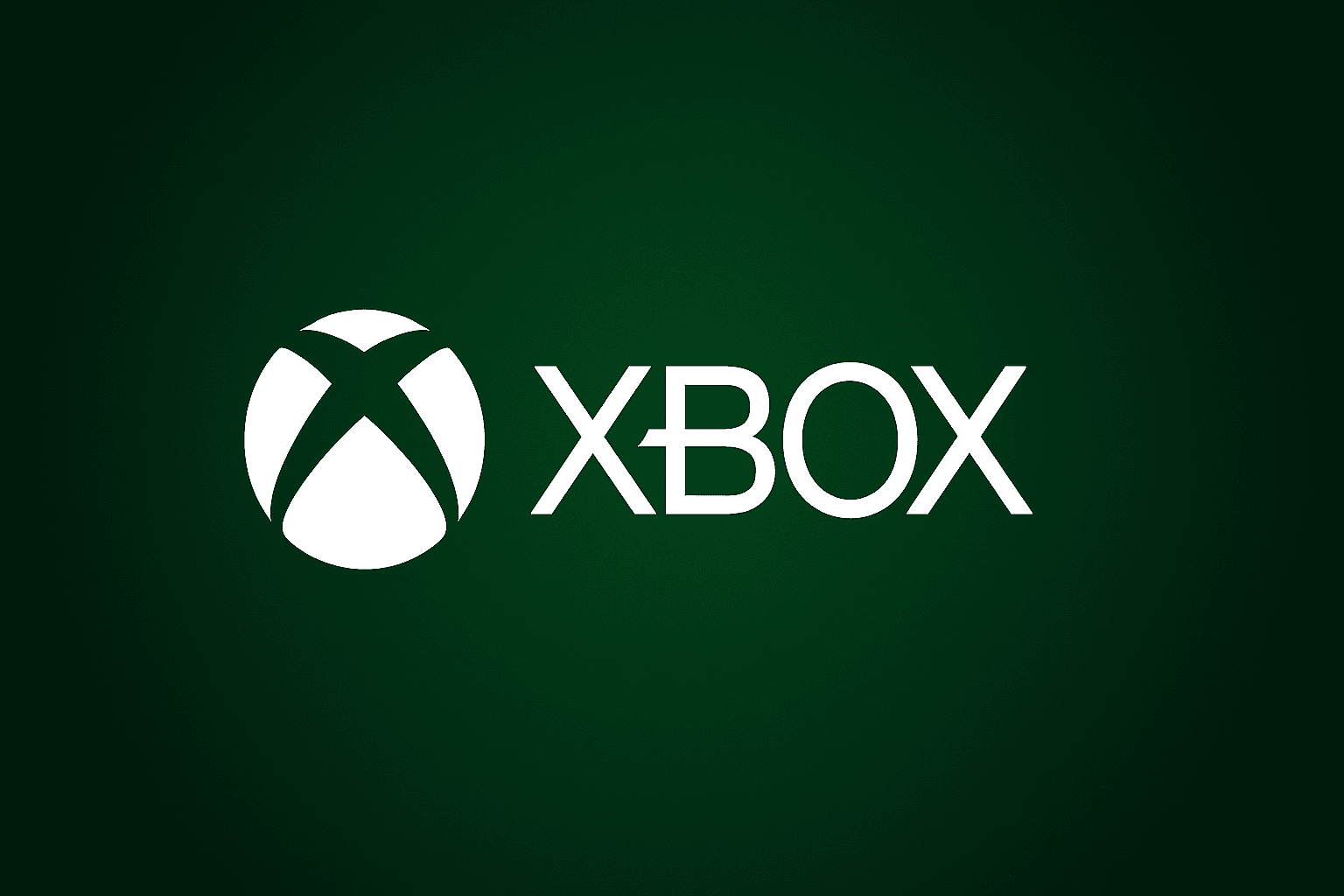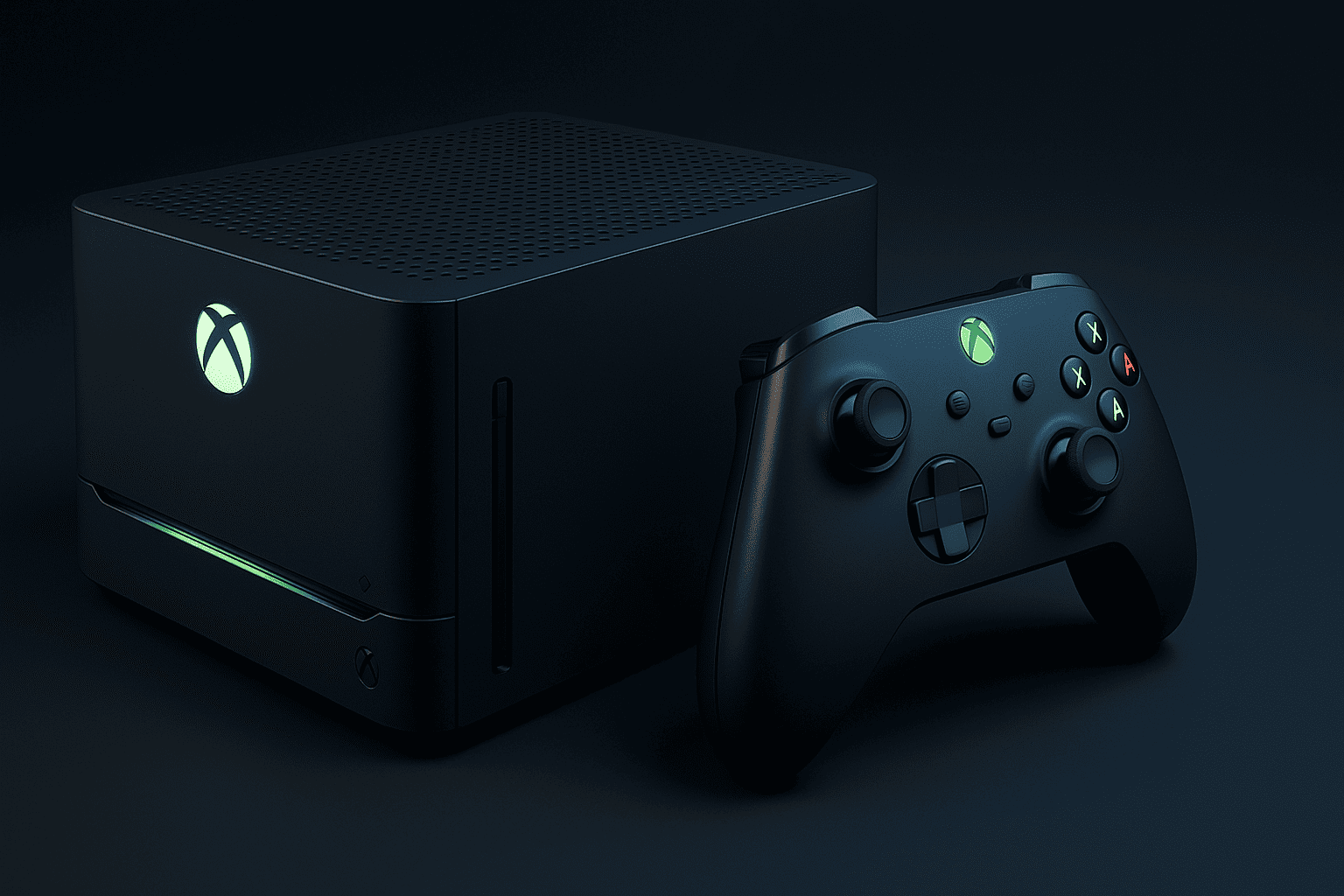PlayStation Studios games will arrive on Xbox: the movement is already underway.
More stories in the category Editorial
- Has the quality of Xbox controllers decreased? The community debates about it
- Top of the most expected Xbox games of February
- The future of Xbox starts to take shape: this comes after Series X/S and GTA 6
| Don't miss anything and follow us on Google News! |
A recent job posting by Sony (which we shared with you last night) has made it clear that the company wants to take its games beyond the PlayStation ecosystem. And we’re not just talking about PC releases, but a much more ambitious expansion that includes Steam, Epic Games Store, Xbox, Nintendo, and mobile platforms.
This move is not an experiment. It’s a firm commitment to a new way of distributing PlayStation Studios titles, and that could mean a profound shift in how we understand exclusives, brand competition, and the console market today.
PlayStation is preparing its definitive multi-platform expansion
The job posting, for a Senior Director of Platform & Account Management, will report directly to Sony’s Vice President of Commercial Management and will be responsible for leading the global publishing strategy outside of PlayStation hardware. Key responsibilities include:
- Optimizing game profitability on other platforms
- Ensuring coordination between publishing, marketing, and partner teams
- Developing commercial and multi-platform expansion plans
- Overseeing relationships with Steam, Epic, Xbox, Nintendo, and mobile platforms
This makes it clear that Sony doesn’t just want to release old games on PC every now and then, but rather establish a constant presence on platforms that were once direct competitors. We’ve already seen an example: Helldivers 2, published by Sony, will arrive on Xbox at the end of August. And it doesn’t seem like it will be an isolated case.
What could this strategy mean for the future of the industry?
In the medium term, this change could have several significant effects on the video game industry. To start, the gradual disappearance of the classic concept of “exclusive”. If PlayStation publishes on Xbox and vice versa (as Xbox already does with Minecraft, Call of Duty, or Grounded), users gain more freedom to play wherever they want.
Additionally, we could see:
- Simultaneous multi-platform launches of first-party games
- Greater competition for prices and quality of service, not just exclusive games
- New dynamics between internal studios, which could adapt their developments from the start to different hardware
- More fluid alliances and collaborations between companies that once only competed
In the long term, if this strategy is maintained, we could be moving towards a model where consoles resemble “entry-point” devices for shared services and games. Something that Microsoft has already been applying with Xbox Game Pass, and that Sony now seems willing to explore in its own way.
It could also mean a change in the technical development of titles. By being designed for multiple platforms from the start, cross-optimization would be favored, and perhaps the problems of late ports or unequal versions would be reduced.
A model that’s increasingly open and less dependent on hardware
The market is moving towards accessibility, cross-play, and subscription services. In that context, closing oneself off to a single system is no longer as profitable as it once was. Sony seems to have understood that to grow in revenue, audience, and presence, it needs to open its games to the rest of the market.
And while many users wonder if they’ll ever see sagas like God of War or The Last of Us on Xbox or Switch consoles, the truth is that the first steps have already been taken. The fact that a game like Helldivers 2 will arrive on Xbox this summer is something that would have seemed unthinkable a few years ago.
Are we witnessing the beginning of a new era without closed exclusives? Or will it just be an alternative route for specific projects? For now, there’s no definitive answer, but this job posting does make one thing clear: Sony is changing, and what’s coming could alter the landscape for everyone.






